In the ever-evolving world of search engine optimization (SEO), one of the key factors that can make or break your online presence is E-A-T, which stands for Expertise, Authoritativeness, and Trustworthiness. While it may sound complex, it's actually a simple concept that can significantly impact how your website performs in search engine results. In this blog post, we'll break down E-A-T in basic terms and explain why it's crucial for your website's success.
What is E-A-T?
E-A-T, as mentioned earlier, stands for Expertise, Authoritativeness, and Trustworthiness. Let's take a closer look at each of these elements:
1. Expertise
Expertise refers to the knowledge and skills you possess in a particular subject or field. In the context of SEO, it's about the expertise you or your content creators have in delivering accurate and valuable information. Search engines aim to deliver the most reliable results to their users, so they favor websites that demonstrate expertise.


2. Authoritativeness
Authoritativeness relates to your website's authority in its niche. It's all about proving that your website is a credible and trustworthy source of information. Websites with a strong online presence, quality backlinks, and endorsements from experts in the field tend to be viewed as authoritative by search engines.
3. Trustworthiness
Trustworthiness is a measure of how reliable and safe your website is for users. It includes factors like website security, privacy policies, and transparency about who's behind the content. Trustworthy websites are more likely to rank higher because search engines want to protect their users from potentially harmful or misleading content.

Now that we've defined E-A-T, let's explore why it's so essential for SEO.
Why is E-A-T Important for SEO?
Better Ranking
Search engines, like Google, prioritize websites that exhibit high levels of E-A-T. By demonstrating your expertise, authoritativeness, and trustworthiness, you increase your chances of ranking higher in search results.
User Trust
Users are more likely to trust and engage with websites that show expertise, authoritativeness, and trustworthiness. This can lead to increased traffic and user satisfaction.
Content Quality
E-A-T encourages content creators to produce high-quality, accurate, and informative content. This, in turn, benefits your audience and positions your website as a valuable resource.
Now that we understand the importance of E-A-T let's delve into how you can improve each aspect of it.
How to Enhance Your Website's E-A-T
Expertise
Create Quality Content
Ensure that your content is well-researched and provides valuable information. Back your claims with credible sources.
Showcase Author Expertise
Highlight the qualifications and experience of the authors on your website. This can be done in the "About Us" or author bio sections.
Authoritativeness
Build Backlinks
Earn high-quality backlinks from reputable websites in your niche. This can boost your website's authority.
Cite Your Sources
When creating content, use citations and references to authoritative sources. This demonstrates that you rely on trustworthy information.
Authoritativeness
Secure Your Website
Implement security measures such as SSL certificates to protect user data and make your site more trustworthy.
Privacy Policies
Clearly outline your website's privacy policies and terms of use to establish trust with your users.
Transparency
Provide information about the people or organization responsible for the content on your website. This builds credibility.
Conclusion
E-A-T, which stands for Expertise, Authoritativeness, and Trustworthiness, is a critical factor in SEO. By understanding and enhancing your website's E-A-T, you can improve your search engine rankings, gain the trust of your audience, and provide valuable content. Remember to create quality content, showcase author expertise, build backlinks, cite authoritative sources, secure your website, and be transparent in your policies. By focusing on E-A-T, you can propel your website to new heights and establish a strong online presence.







